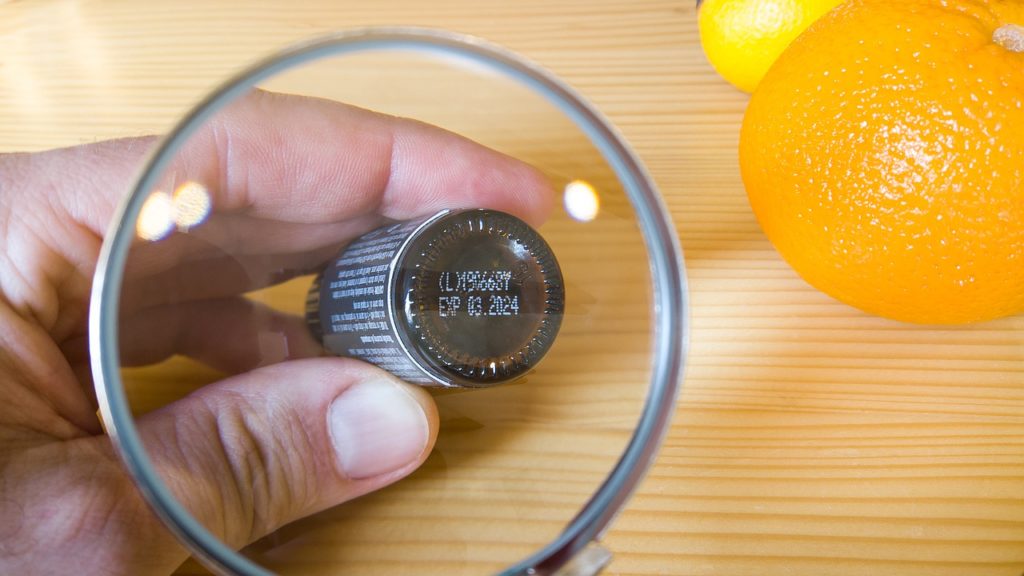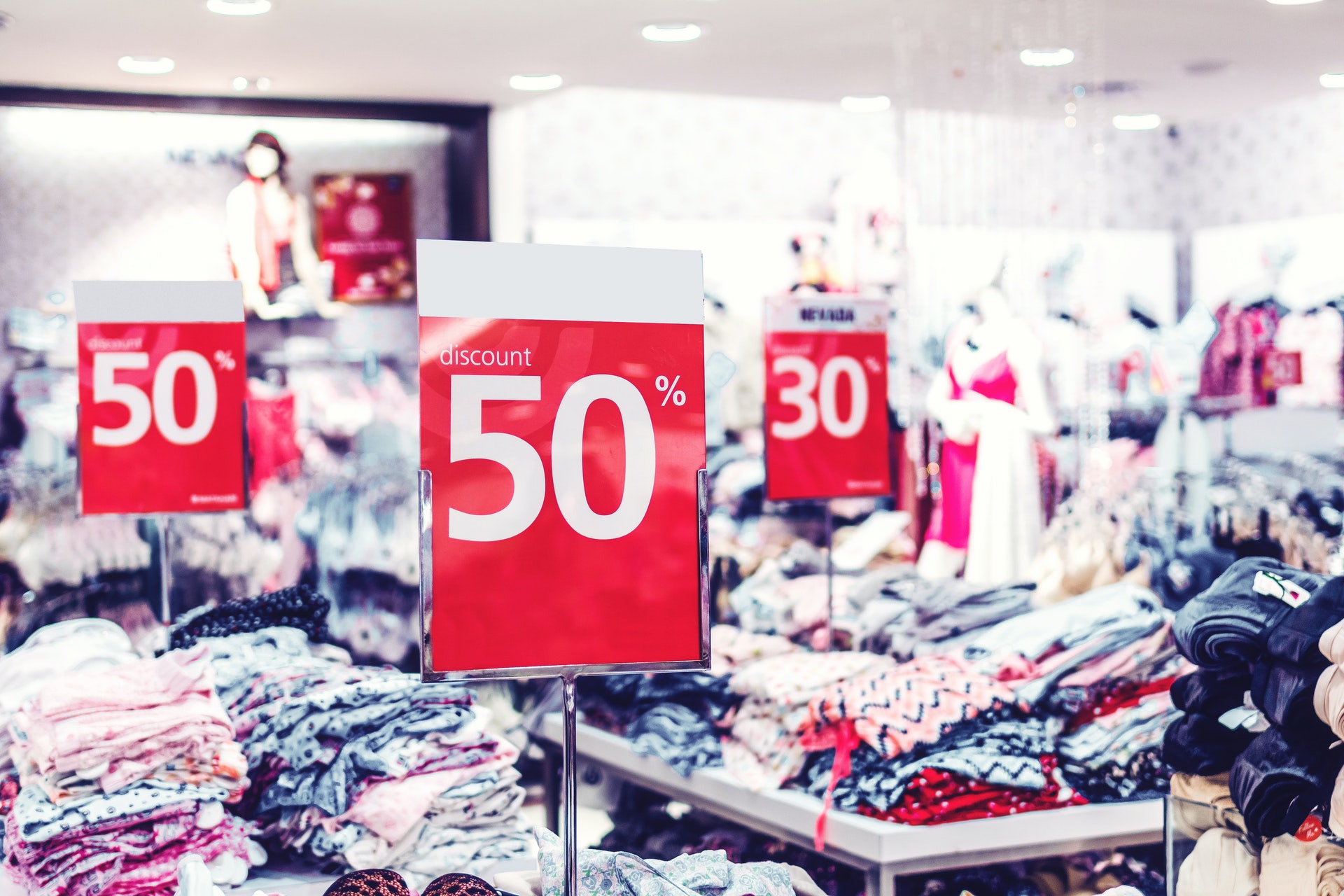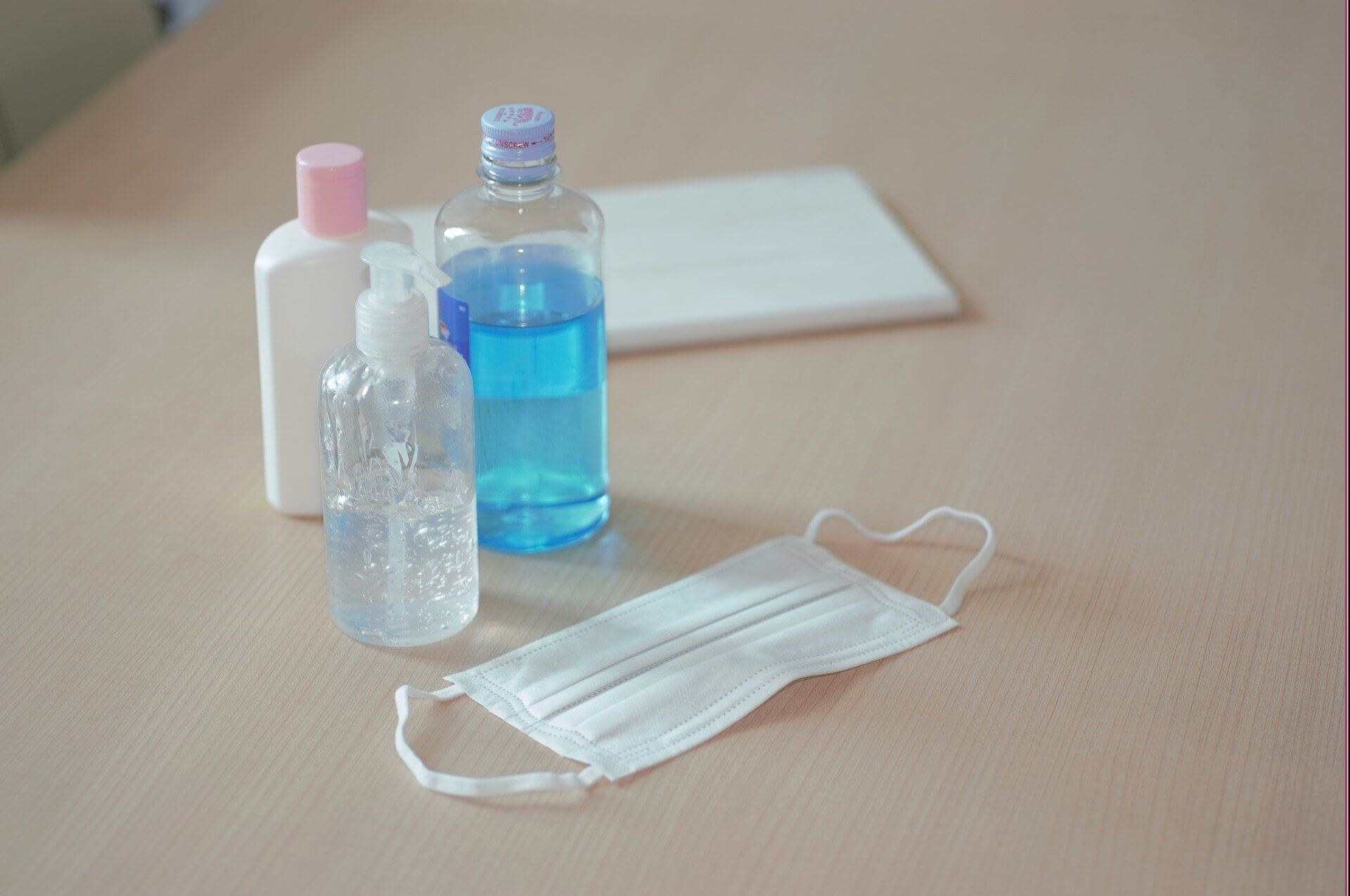2022 Consumer Protection Inspections
The Ministry for Innovation and Technology has published its program of consumer protection inspections and audits, known as the “uniform inspection program” or “UIP“, for 2022. Companies can expect consumer protection authorities to be even more active this year than in 2021, and they will have to reckon with 50 of what are known as targeted inspections, two more than last year. The areas where the inspections are expected to focus on are summarised by Andrea Magdolna Nagy, consumer protection expert at Cerha Hempel Dezső & Partners’.
Construction industry in the crosshairs
In addition to the usual suspects (such as the management of warranty and guarantee claims, compliance in online trade, sales presentation events, Christmas, Easter and other seasonal sales events, harmful substances in cigarettes and cosmetics products), the inspections will also focus on a wide spectrum of construction activities in 2022. Section 16 of the UIP introduces a new target in the form of “trade in construction materials”, which is complementary to last year’s Section 35 on “market surveillance inspections of construction products”. Companies should modify their declarations of performance and product documentation to meet the new EU and Hungarian market surveillance requirements that will take effect on 16 July 2021. Additionally, consumer protection authorities will generally focus on checking whether products are accompanied by a Hungarian version of the user’s manual.
“Gluten free” and “lactose free” claims; greenwashing
In order to combat misleading claims, the authorities will focus on dietary supplements just as they did as last year, while gluten and lactose free products have been added as a new target, along with the net weight of pre-packaged products. There are many targeted inspections that have been carried forward from last year, such as those focusing on online stores selling wonder products, online sales in general, and greenwashing, a phenomenon that carries many risks.Additionally, companies can also draw the attention of the Hungarian Competition Authority (HCA) to themselves in connection with green marketing activities: due to jurisdiction rules, if such activities have a material impact on market competition, the HCA rather than regional government offices will prosecute misleading “green” consumer information, notes Ms Nagy.
The used car market and telecommunications remain in focus
Just as in 2021, consumer protection authorities will carry out inspections of used car sales, as well as the telephone and online helpdesk operations and complaints handling practices of electronic telecommunications carriers in 2022. There will also be a number of reprised product safety inspections: the safety of equipment, rides and toys in amusement parks, adventure parks, outdoor gyms, waterparks and playgrounds, textile products claimed to be 100% cotton, sunglasses and school supplies will all be subject to inspections this year.
Ventilators, hoverboards and electric scooters targeted
In a new development, ventilators, flail-type cutting attachments for portable hand-held brush cutters, hoverboards, electric unicycles and electric scooters will also be scrutinised from a product safety perspective in 2022. In the light of the depressing statistics of last year’s lab tests, the distributors of toys, and in particular, baby toys, can expect targeted inspections involving sample-taking throughout the year, both in online and traditional sales. Lab tests will also include a comparative analysis of white wall paints, while the nominal capacity of power banks and other batteries, and universal battery chargers will also be tested in the laboratories of the consumer protection authorities.
Last but not least, inspections will also target dual quality products. Starting from 28 May 2022, a commercial practice will qualify as misleading and will therefore be prohibited if it involves the marketing of a product in one Member State as being identical to a product marketed in other Member States while in fact the product has significantly different composition or characteristics. In other words, the sale of “dual quality” products will be prohibited, unless it is justified by legitimate and objective factors. Section 40 of the UIP is entitled “Laboratory tests and comparative analyses of household chemical and cosmetics products in authority inspections associated with the prohibition of dual quality”, and therefore the distributors of these products are advised to prepare for such inspections.“Hungary’s consumer protection authorities are among the most active in the EU, and are in fact the third most active when it comes to removing dangerous products from the market. Maintaining that level of success requires intensive activities from the authorities, while recent changes in consumer protection legislation also justify the inspections,”added Ms Andrea Magdolna Nagy in conclusion.
Author: dr. Andrea Magdolna Nagy











